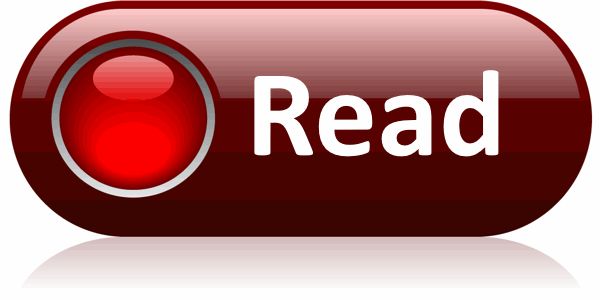By Mike Loughrin, CEO for Transformance Advisors
All Teams Can Benefit
Conducting a project team effectiveness assessment is a great way to identify opportunities or find issues which need to be addressed. Such an assessment should focus on survey questions which consider team development, communication, and goal alignment.
All teams can benefit from an effectiveness assessment. The project manager, or program management office (PMO), should survey all team members somewhere around the time a project is 30% to 50% complete. This is at a time when a team should be in the “performing” stage of team development.
Poor communication is often at the root cause of problems. A small team of 5 will have 10 internal communication channels. There may be hundreds of communication channels between team members and other stakeholders. Even the form of communication can lead to issues. Preferences and skills impact the effectiveness of email, text messages, voice mail, Zoom, Teams, and so many other options. An effectiveness assessment should reveal how well the team is communicating between themselves and other stakeholders associated with the project.
A project team should accomplish astonishing results. Even a small team can, and should, deliver results far beyond what the same individuals working alone could achieve. An effectiveness assessment should reveal how well the team is aligned on the project goals and positioned to deliver the astonishing results everyone is hoping for. Part of the goal alignment survey questions should focus on the 3 goals of any project – completing the project on time, within budget, and delivering the promised benefits.
Three common conditions, which teams will find themselves in, can be described as struggling, competent, and high-performing. Let’s look closer at each condition.

1. Struggling Teams
Unfortunately, some teams struggle and do not deliver the amazing result which are expected.
The reasons for low effectiveness vary. Books such as The Five Dysfunctions of a Team by Patrick Lencioni have been best sellers. Pandemics have kept teams apart and not everyone has the skills required to work remotely. While uncommon, some team members are simply slackers who poison the well for everyone.
Struggling teams need an effectiveness assessment and the project manager will be tasked with addressing difficult issues. Projects are hard work and too many fail. The good is news is how disaster can be averted by acting on the insights gleaned from an effectiveness assessment.

“It is teamwork that remains the ultimate competitive advantage, both because it is so powerful and so rare.”
– Patrick Lencioni
2. Competent Teams
Most teams are competent. They are getting the job done and do not have major problems. But, could things be better?
Competent teams can use an effectiveness assessment to find and address opportunities which will propel them to a higher level of performance. A project team which feels “fine” may need attention in one or more areas. As Emeril Lagasse advises, it’s time to “Kick it Up a Notch”.
The case can be made that an effectiveness assessment is most valuable for competent teams. The chance to move up to the high-performing level will dramatically improve the capabilities for all team members and have an on-going positive influence on their careers.

3. High-Performing Teams
Even high-performing teams will often have room for improvement. The DNA of any high-performing team encourages the use of tools designed to make the team even better.
An effectiveness assessment of high-performing teams will often reveal one or two gold nuggets. One definition of perfection is “something in a constant state of evolution or change”. This definition implies a high-performing team will be eager to use the findings from an assessment to make adjustments required to keep them at the top of their game.
One trait of high-performing teams is the ability to celebrate. Scoring high on an effectiveness assessment is clearly reason for celebration.

“No matter how good you get, you can always get better, and that’s the exciting part.”
– Tiger Woods
Complete An Assessment Now
Mike Loughrin is the CEO and Founder of Transformance Advisors. He also teaches for Louisiana State University Shreveport and is on the board of directors for the Association for Supply Chain Management Northern Colorado.
Mike brings exceptional experience in industry, consulting services, and education. He has directed several Lean Transformation programs and has helped organizations such as Levi Strauss, Warner Bros., Cabela’s, Constellation Brands, Lexmark, CoorsTek, and Sweetheart Cup.
Keeping a commitment to a balanced life, Mike loves downhill skiing, bicycle rides, and hiking in the mountains. See one of his trails of the month at: Little Switzerland.
Dysfunctional Teams
What is SWOT Analysis?
Project Champion Guidelines
Dangers of Low Hanging Fruit
Improvement Program Assessment
Subscribe to our newsletter
References
The Five Dysfunctions of a Team by Patrick Lencioni

